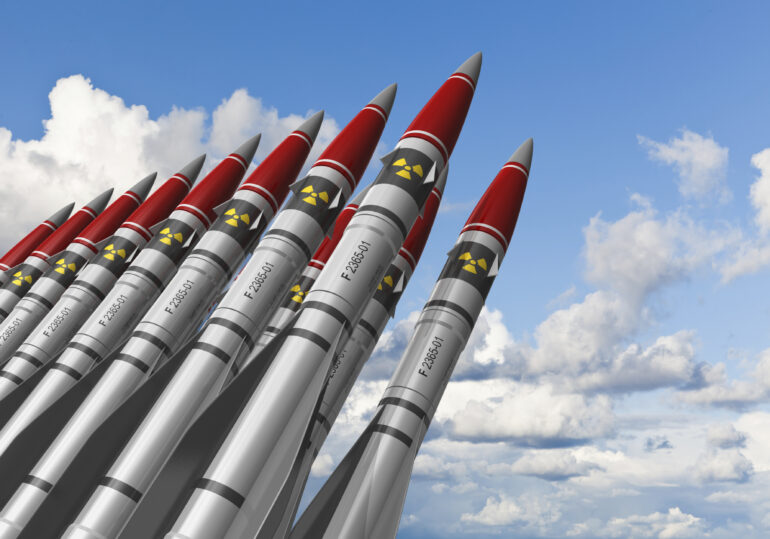BY Yu Harada
August 6th 2022 marked the 77th anniversary of the Hiroshima bombing. Seventy-seven years ago brought a tragedy to the world, and the memorial peace park still attracts many visitors to this day. Last summer, for 13 days between August 2nd to 17th, I interviewed foreign visitors and residents from ages 10 to 70 at Hiroshima Peace Memorial Park to get an inside look into their view of nuclear issues. The respondents represented 24 countries, including the United States, the United Kingdom and Russia. I asked two simple questions: Do you think that the atomic bomb was necessary to end the war between the U.S. and Japan?
Of the 122 respondents, 23 said yes, 93 said no. Six were neutral.
Those who answered Yes said that the weapon contributed to ending the war, otherwise, Japan would have given up until later. People who answered No said that although the bomb technically did end the war, there should have been an alternative way.
When asked whether nuclear weapons are needed today, 12 said yes, 100 said no and two were neutral.
People who answered Yes said that the weapons play a role in deterrence, to prevent world wars. People who answered No said that knowing its history and power, it is dangerous and scary to have them in the world.
Looking at the results, the majority of people claim that nuclear weapons were not and will never be needed. However, there are still quite a portion of people who feel different.
When I am asked these two questions, I would answer no to both.Growing up in Hiroshima, I learned the inhumane role that the atomic bomb played on August 6th. People burned to death while their skin peels and eyes popped out of frame. Others begged for water in the final moments of life. A weapon that humans developed killed 140,000 people. I can never agree to their existence today.
Yet, as of today, there are still roughly 12,700 nuclear weapons in the world. Some expressed that the weapons act as a deterrence, and as long as they aren’t used, their existence is essential. However, are the weapons actually protecting its people? The advent of nuclear weapons has changed the lives of American people. People have created fallout shelters, an underground space to escape from radiation. In addition, Richard Gerstell’s “How to Survive an Atomic Bomb” demonstrates the fears Americans have been dealing with.
Going back to the interview results, a respondent who answered Yes to the second question gave me a further explanation of his opinion. He was from the U.S. and was afraid of his country being attacked by nuclear weapons. He continued by saying that if other countries possessing nuclear weapons were to get rid of their weapons, so should America.
His claim made me realize that nuclear weapons have transformed into a political issue. You can easily recognize this by looking at the permanent member of the United Nations Security Council, also known as the P5. The fact that a country has nuclear weapons has become a status symbol, thus giving power to the country. The Russia-Ukraine conflict is a compelling example of this. Nuclear weapons may be a deterrence to the possessing countries, but not to others. Rather, countries possessing nuclear weapons are a threat to the rest of the world. President Putin, on June 17th 2023, has stated that the use of tactical nuclear weapons will not be a threat to neighboring countries, as they are designed to prevent massive radioactive fallouts. However, the power these weapons hold can be six times the Hiroshima bomb. This figure clearly can show us the danger we may face from nuclear weapons.
Now is a time to think about peace and think through a chance for us to determine the standpoint of nuclear weapons. From the history of Hiroshima and Nagasaki, we know what the weapon is capable of. So, I ask again, are nuclear weapons really an effective way to create peace in this world?
Yu Harada is an incoming freshman at University of Washington Seattle, intended to study biology and international relations. Born and raised in Hiroshima, she has studied peace with an interest in nuclear non-proliferation.

